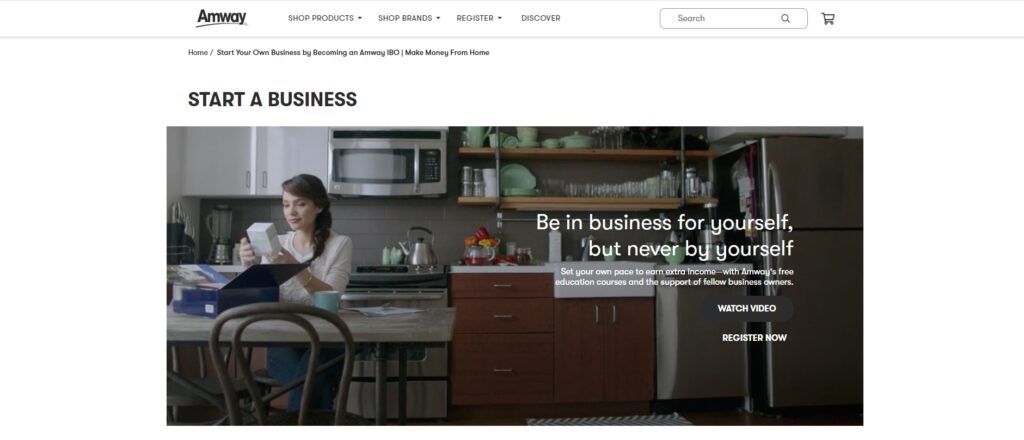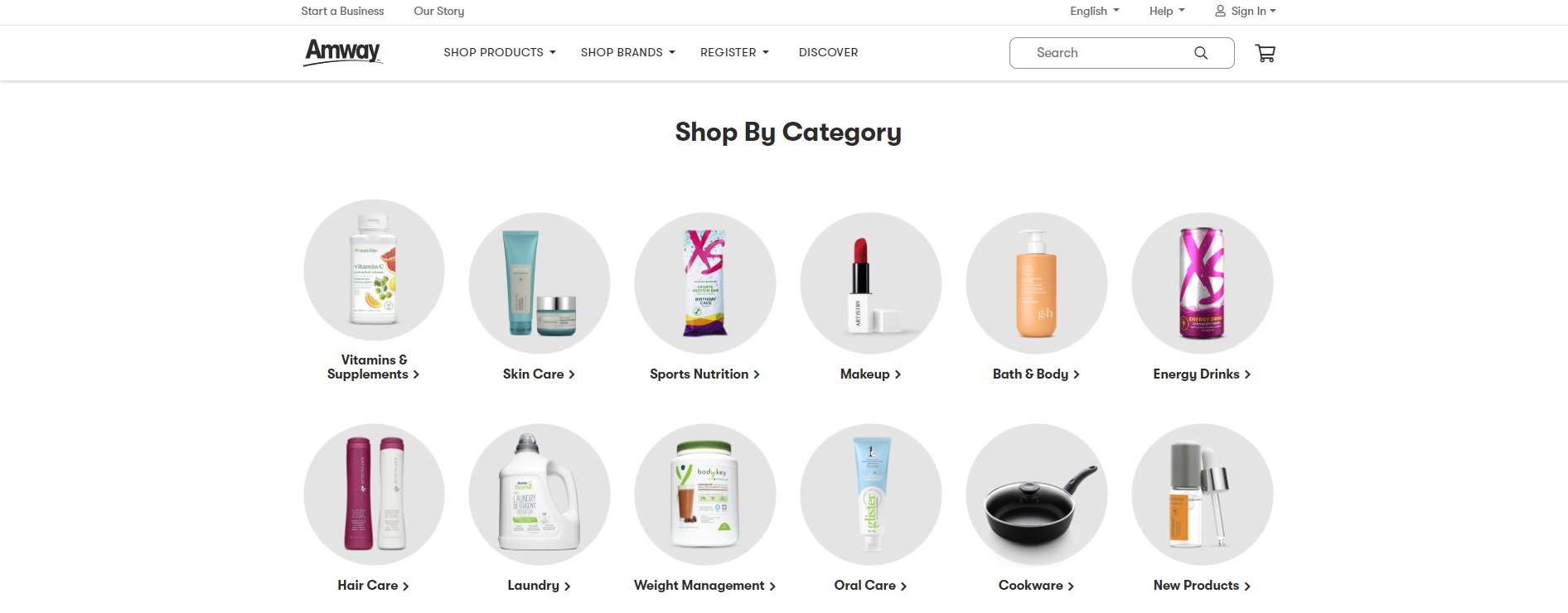Introduction
In recent years, the term “Amway Ponzi Scheme” has gained significant attention and sparked debates in various circles. Amway, a well-known multi-level marketing (MLM) firm, has been charged with functioning as a pyramid or Ponzi scam.
Understanding Amway: A Brief Overview
Amway, short for the American Way, is a direct-selling company founded in 1959 by Jay Van Andel and Richard DeVos. It operates in over 100 countries and territories, offering a wide range of products, including health and wellness, beauty, and home care. Amway’s business model relies on a network of independent distributors who promote and sell its products, earning commissions based on their sales volume and the volume generated by the distributors they recruit.
Differentiating MLM from Ponzi Schemes
Understanding the difference between MLM businesses and Ponzi schemes is essential before we dig further into the accusations against Amway. MLM companies, including Amway, operate within a legal framework and are recognized as legitimate businesses. They generate revenue through the sale of products or services, while also providing an opportunity for individuals to earn money by building their own sales networks.
Ponzi schemes, on the other hand, are fraudulent investment schemes where early investors are paid with the funds collected from subsequent investors. The focus is primarily on recruiting new investors rather than selling actual products or services. Ponzi schemes eventually collapse when the influx of new investors dwindles, leading to financial losses for those involved.
The Allegations against Amway
Despite its longstanding presence in the market and legal recognition as an MLM company, Amway has faced persistent accusations of being a Ponzi scheme. Critics argue that Amway’s emphasis on recruiting new distributors rather than selling products is a key characteristic of a pyramid scheme. They claim that distributors are incentivized to focus on recruitment rather than product sales to earn substantial commissions.
Furthermore, the high costs associated with Amway’s starter kits and training materials have been cited as evidence of the company’s alleged predatory practices. Critics argue that Amway profits primarily from the sale of these materials to recruits, rather than from the sale of its products to end consumers.
Evaluating the Allegations: Amway’s Defense
Amway has consistently denied the allegations of operating a Ponzi scheme or a pyramid scheme. The company argues that its compensation plan is designed to reward distributors for both product sales and the sales volume generated by their downline organizations. Amway emphasizes the importance of retailing products to generate income, and it provides detailed guidelines and support to its distributors regarding product promotion and customer acquisition.
Moreover, Amway highlights its compliance with legal requirements and regulations in the countries where it operates. The company emphasizes its commitment to ethical business practices and emphasizes that it has successfully defended itself against numerous legal challenges throughout its history.

Regulatory Scrutiny and Legal Battles
Over the years, Amway has faced several legal battles and regulatory scrutiny in different jurisdictions. In some cases, authorities have investigated the company’s business practices and its compliance with regulations governing MLM companies. Although Amway has been faced with penalties and legal troubles, it has been able to refute claims that it is a pyramid or Ponzi scheme.
Conclusion
The controversy surrounding the allegations of Amway operating as a Ponzi scheme raises important questions about the nature of MLM businesses. While critics argue that the emphasis on recruitment and high costs associated with Amway’s starter kits raise suspicions, the company maintains that its primary focus is on product sales and that it operates within legal boundaries.
As consumers, it is essential to exercise caution and conduct thorough research before engaging with any MLM company. Understanding the business model, evaluating the products, and assessing the viability of the income opportunity can help individuals make informed decisions.
Frequently Asked Questios
1. Is Amway a legitimate business?
Yes, Amway is recognized as a legitimate direct-selling company operating in various countries. However, it has faced allegations of operating as a pyramid scheme or a Ponzi scheme.
2. How does Amway generate revenue?
Amway generates revenue through the sale of its products. Distributors earn commissions based on the products they sell and the sales volume generated by their downline distributors.
3. What is the difference between MLM and a Ponzi scheme?
MLM companies operate legally and focus on product sales, while Ponzi schemes are fraudulent investment schemes that primarily rely on recruiting new investors.
4. Are the allegations against Amway proven?
While Amway has faced legal battles and regulatory scrutiny, it has managed to defend itself against allegations of operating as a pyramid scheme or a Ponzi scheme.
5. What should consumers consider before engaging with an MLM company?
Consumers should thoroughly research the business model, evaluate the products, and assess the income opportunity before engaging with any MLM company.



